Shanghai at last… and a different side to China
June 19th, 2005Km cycled: 11,763
Km to home: 28,237
Current Location: Guidong, a small town in the South East China
Mountains (between Shanghai and Hong Kong)
26 degrees North, 114 degrees East
Cathy: Its like going into the future.
Rupert (the architect): Its like going into the future where all the
buildings are dirty.
Cathy: Except the ones that were built yesterday.
(conversation about Shanghai I was sitting in on)
Gone are the days when Shanghai was a paradise for imperialist adventurers
– English grammar book for the Chinese (a phrase around which were
based various grammatical exercises)

In quite a significant way, this whole bicycle extravaganza (which
seems to keep getting longer and longer) was actually supposed to
begin in Shanghai. I had a peculiarly random thought about 8 years ago
that “one day I should cycle from Shanghai to London”… like most
peculiarly random thoughts I shelved it in “the dusty recesses of my
mind” and then forgot about it. Until, that is, Al Humphreys (who knew
of the old dream) used it as one of his strongest cards in an email
persuading me to join him for the epic ride across Asia “the world’s
most exciting continent”. Somehow we managed to start this joint
escapade in Siberia in winter rather than China in summer (I am still
not entirely sure how that happened. I think it had something to do
with a restless heart and a book about the Gulags?)… and then, after
9 months of cycling, I finally arrive in Shanghai.
What is it like? Glitz, flash, height, pollution, squalor, history,
McDonalds, water… and it even holds a funky monthly retro roller
skating disco (where I was very lucky not to break my ankle and bring
this trip to a speedy standstill). Whilst the imperialist adventurers
may have been sent home, the up and coming western professionals have
taken their place – living the “work hard, play hard” life of style in
this mother of up and coming 21st century cities. After a bit of a
break and much kind hospitality, it is time to hit the rural back
roads to Hong Kong.
On the ride out of town I am fortunate enough to have as a guide for
the day the famed Edward Genochio (aka: the guy who had his bike
stolen by a Mongolian horse last year – www.2wheels.org.uk ). Edward
has been residing in Shanghai for a while, planning his homeward leg
later in the year. It is great to exchange news from the road –
tactics for dealing with dogs (Ed has a noise emitting zapper, I shout
and throw stones), punctures (Ed never has any, I have lots), and
Russian thugs (Ed prefers to rip off their wing mirrors and thereupon
cause a mutual crash, whilst I prefer the strategy of just handing
over my wallet)!
Two days later, having broken out of the Shanghai urban belt, I am
forging a route on my own through the mountains. It is a constant
conundrum on this journey to try and decide what route to take and
what things I should try to “see”. There are many things which
apparently ought to be “seen”. But then (I ponderously ask myself)
what does “seeing” mean? As I passed through Suzhou just before
Shanghai, I enquired of my host, Alex, what I should see whilst in
town. “There is an old Chinese proverb”, Alex replied gravely, ” that
if you come to Suzhou and you do not see Tiger Hill: what a pity”. So,
of course, the next evening, we bypassed Tiger Hill (what a pity) and
experienced the far more cultural experience of seeing Star Wars III
in Chinese (we reasoned that Yoda is clearly Chinese anyway – hence
his bad grammar and wise demeanour – so it makes sense to watch it in
his native tongue). Often, I wrestle over which way I should go… but
in end, does it matter? I do not know!
Out here in the countryside I start seeing a different side to China.
No more glitzy nightclubs. Rather, I am enveloped by bamboo valleys
which are interspersed with pine forests which bottom out into
terraced paddy fields. Old men, knee deep in muddy water, yell at
their beasts to keep them on their course, whilst young shop keepers
yell at me to keep me on mine. Huge yellow dragonfly dance over the
road as I swerve round the squashed remains of stripey snakes. The
heat and humidity reduce me to a sweaty wreck of a cyclist and I
welcome the weekly rainstorms which rinse my hair and refresh my soul.
Poverty is more evident – barefooted children, windowless houses and
broken roads slip past in a haze (I will spare the politics email
until after I leave China!).
I have not seen a white face now for over two weeks. Zooming (or
straining) my way through each settlement results in lots of people
shouting “helloooo”. However, despite my accomplished 30 words of
Mandarin, I still cannot figure the Chinese people out. The unexpected
is always just round the corner. Half the time I am charged three
times the normal price, the other half of the time I am given what I
need for free. One day I am overtaken and splattered in dust by a
hooting car which seems intent on killing me, only to round the next
corner and find the friendly driver waiting for me with a bottle of
nice cold water. In church I am called up to the pulpit to address the
congregation; meeting some kids in a small town, I am dragged in to
their school to give them an English lesson; passing a hair dresser I
am taken in to be given a free hair wash (!).

Friendly Chinese kids (victoriously holding bike up having just helped me mend a puncture)
The unabashed Chinese way of doing things, I have to remind myself, is
not intended to offend – it is just their way! Indeed, having studied
the rules of the road in China with much care, I find that in fact
there is only ONE rule – that is, DO NOT CRASH! Other than that,
anything goes (makes sense I suppose). It is therefore silly of me to
get offended every time there is an apparent near miss.
To add to the unpredictability of this fun mountainous Chinese
adventure, my bike (after 11,000 km of excessive loads and regular
wipe outs) has started to fall apart in all sorts of novel ways. My
trousers too now take it upon themselves to start tearing (noisily) in
creatively embarrassing places at just the moment I valiantly climb
onto my bike amidst a large crowd of onlookers… “O well” (I think to
myself) as I ride quickly away, bottom firmly on the seat!
I am now less than 2 weeks ride from Hong Kong, from where (hope
beyond hope) I plan to hitch a ride on a boat to Manila. I have just
been informed that the isolated town I am now in was a hang out for
Mao and his mates in the 1930s… every place has so many layers of
history which I never know about. The world is an interesting old
place isn t it!
As always, many thanks for your emails, prayers and generous donations
to Viva Network. I have now raised 4718.48 pounds… I hope to make it
over the 5000 mark by Hong Kong.
Take care and (as a friend pointed out recently) take a few risks too.
Rob
To give money to the charity Viva Network, which helps children at
risk around the world, please go to
www.justgiving.com/cyclinghomefromsiberia


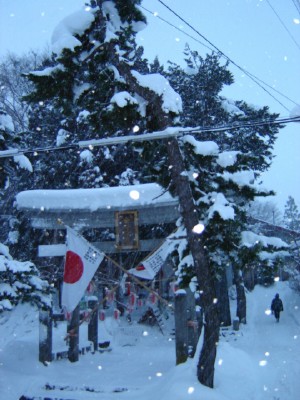
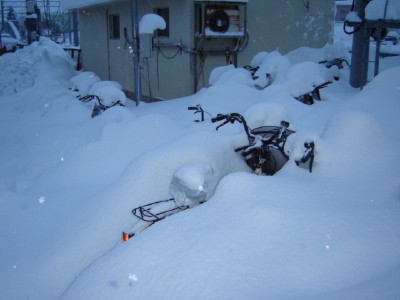
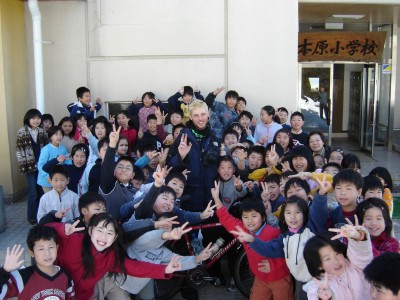
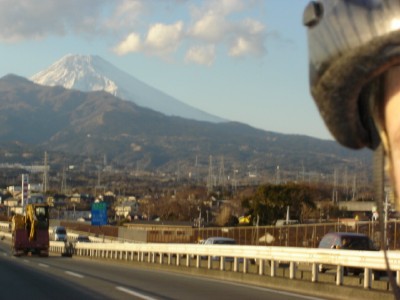
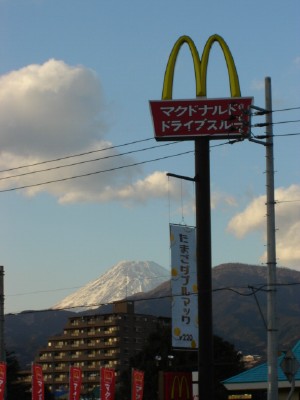
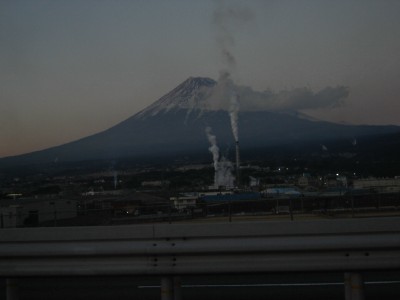
_0001.jpg)
.jpg)
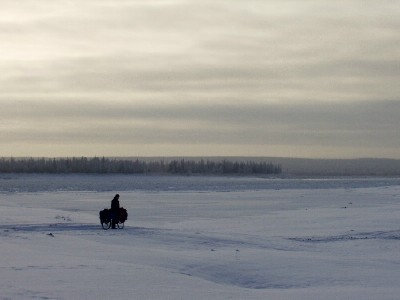
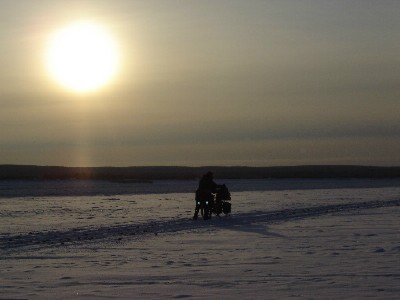
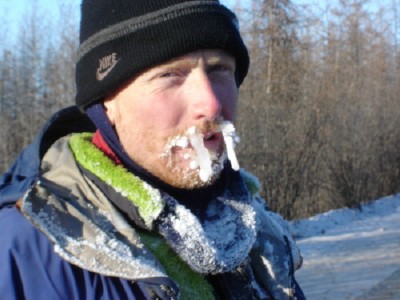
.jpg)
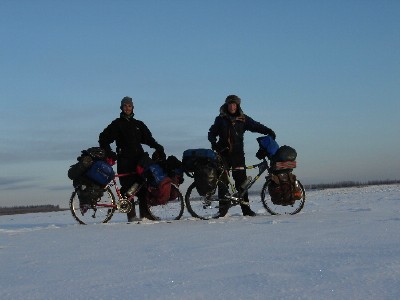
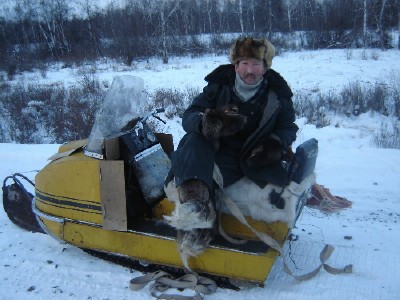
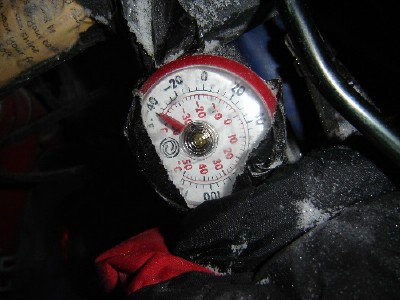
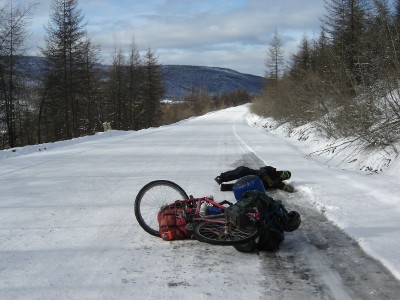
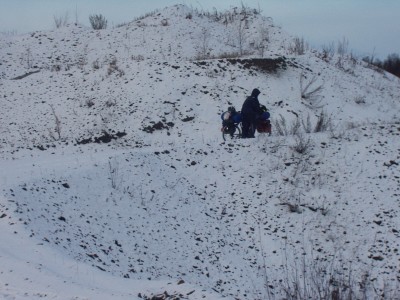
.jpg)